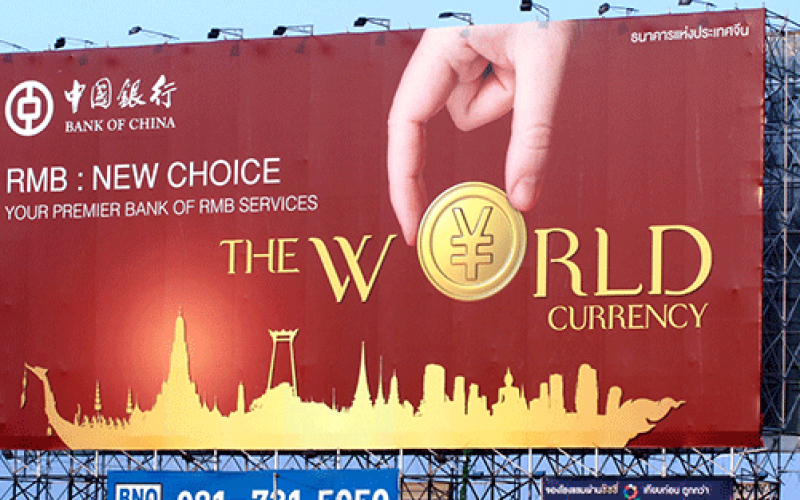Look who’s at the head of the digital currency line-up

/ TAKE UP ONE IDEA

“Too often…we enjoy the comfort of opinion without the discomfort of thought”
– John F. Kennedy
Britain is arriving fairly late to the digital currency party. On Monday, April 19, the British Treasury and the Bank of England announced a joint task force to evaluate the creation of a central bank digital currency.
Look who’s already quaffed the punch. At least 60 central banks are exploring digital currencies, according to a report from the accounting firm PwC.
And look who’s already doing the boogie woogie.
Number 1 in the digital currency line-up is the Bahamas. At Number 2 is Cambodia. China is a distant third. Its currency is still in the test phase, while the Bahamas and Cambodia have live projects.
How did that happen?
There are no clear answers except PwC’s suggestion that emerging economies are more focussed on financial inclusion.
This would explain the alacrity with which the Bahamas launched its national digital currency, the sand dollar, back in October. It was, as Reuters noted, “the first national launch of a technology that could upend commercial banking and even shake the US dollar’s status as the world’s de facto currency.”
That seems a little breathless, at least at this point of time. However, it’s true, as the Bahamas said, that its mobile-based digital wallet will serve the 90 per cent of the population with smartphones.
For Cambodia, the digital currency will cover the unbanked, people who are hard to reach for regular banking services.
Admiring eyes from all over the world are fixed on Cambodia and the Bahamas. And it’s true they have first-mover advantage on central bank digital currencies (CBDC).
That said, it’s the Chinese push towards the digital yuan that could be the game-changer. Axios explains the significance by means of a January report by Yaya Fanusie and Emily Jin of the Center for a New American Security: “Chinese officials have made it clear that they view the digital currency as a key staging ground for global geopolitical competition”.
So now we know.
Of course, the digital yuan won’t challenge the US dollar – not rightaway anyway – but its use for cross-border transactions has profound implications. It could start to bypass SWIFT, the most widely used international payments system, thereby calling time on the fearful idea of US sanctions, or trade as a foreign policy tool, that big stick for America to wave around at will.

